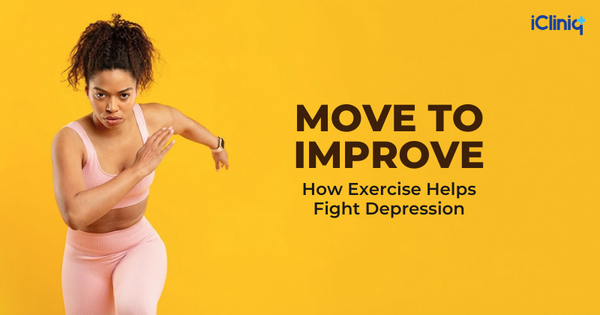Mental Health Goes Digital: What You Need to Know

In today’s digital age, screen time has become nearly impossible to avoid. With work, education, and social interactions increasingly moving online, many people are spending hours each day in front of a screen. One of the biggest contributors to this screen overload is social media. While these platforms help us stay connected, they can also take a toll on our mental health.
Impact of Social Media on One's Mental Health
People often share only the most joyful aspects of their lives—vacations, weddings, and career achievements. This constant stream of highlight reels can make others feel like they’re not measuring up, triggering feelings of inadequacy, loneliness, or anxiety.
This tendency to compare ourselves to others online—often called “comparison culture”—has been linked to rising rates of depression, anxiety, and emotional distress. It's been demonstrated that using social media for long periods of time can amplify one's self-negativity and increase feelings of loneliness.
Understanding the Use of Digital Platform for Mental Health
A digital platform can be used to improve your mental health, as nowadays mental health experts offer their therapy online. Therapy appointments taken from the comfort of one's own home, the self-care app store, inclusive, easy-to-access, and tailored care—all of these serve the growing need for adaptable support to improve mental health.
Let’s explore how digital mental health resources are changing the world.
Online Therapist
Online therapists are now always available at the tip of your fingers, whether by phone or laptop. You can do a video call, send a message, or even have a phone call. You don’t need to visit the clinic.
Why it helps:
- You can stay at home.
- It saves time.
- You can choose when to talk.
This is good for people who live far away or have busy days.
Mental Health Apps
There are apps that help you feel better. These apps give you small tasks. Some ask you to write your thoughts. Some help you relax by breathing slowly. Some even talk to you like a friend using a chatbot.
These apps help you:
- Sleep better.
- Feel calm.
- Track your mood.
Many people use these apps every day. They are easy to use and always with you.
Online Groups
If you feel lonely, there are groups online where people talk and share their problems. These groups can help you feel better. You may find someone who is also going through the same thing.
You do not have to say everything. You can just read what others share. It can still help.
Be Careful
Not all websites or apps are safe. Pick the ones that have good reviews. Make sure the people you talk to are trained or licensed. These tools are good for support, but sometimes you may need a real doctor. That is okay too.
Some Good Tips
- Sleep well.
- Go for a walk.
- Talk to someone you trust.
- Take breaks from your phone.
- Use one mental health app and stick to it.
Closing Line
Mental health is important. It is alright to feel sad or worried. But now, you don’t have to feel that way alone. Help is just one click away. Start small. Even one message or one deep breath can make a difference. Always remember that your phone or laptop can help you when you need some therapy. Your phone or laptop isn't just a screen; it can be a lifeline when you need support. Talking to someone, even for a few minutes, can lighten the weight you’re carrying. You are stronger than you think, and brighter days are ahead.





